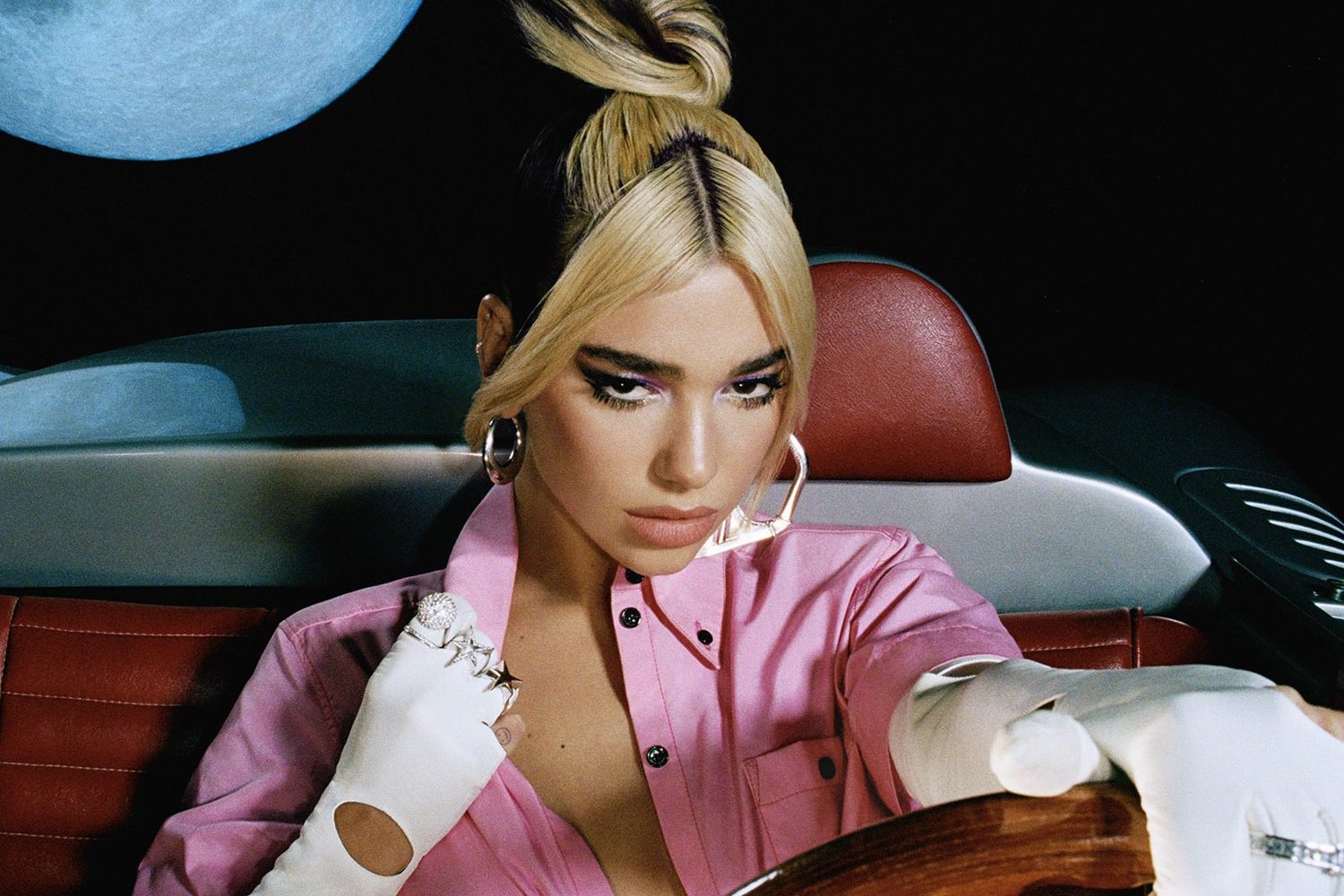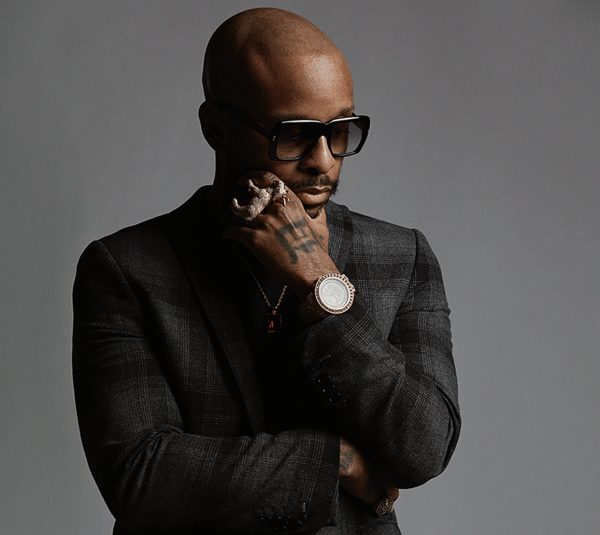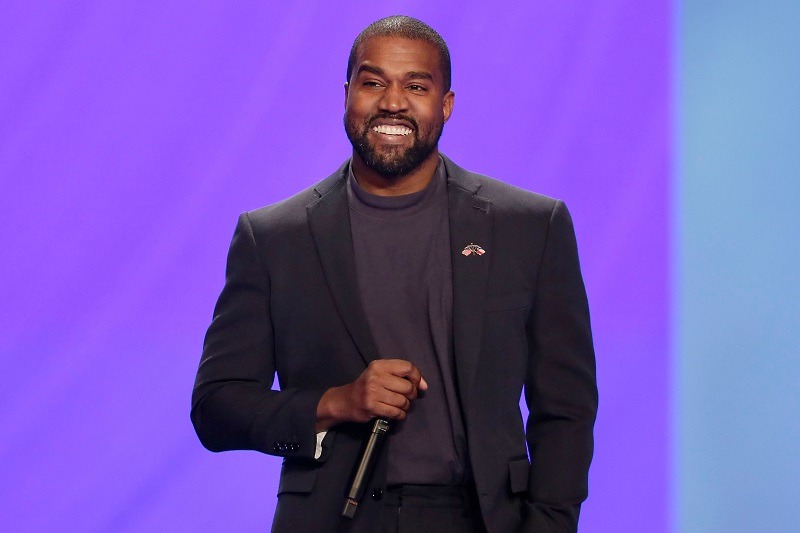When most people think about the intersection of sustainability and popular culture, the hip-hop community isn’t likely the first genre that comes to mind. However, the hip-hop community has been emerging as a leader in eco-friendly investments, clothing lines, businesses, and other charitable initiatives for several years. While hip=hop artists aren’t generally rapping about Earth Day and recycling, many of the industry’s top artists have found ways to build sustainability into their personal brands. Here’s a look at some of the hip-hop artists who are leading this movement.
Bionic Man: Pharrell
Back in 2005, Pharrell founded the Billionaire Boys Club, an iconic fashion line man factored in Japan that prided itself on not just its style flex, but the quality of its materials and design as well. One of those materials is quite literally junk. In 2014, Pharrell signed on as the creative director for Bionic Yarn, a company that turns plastic ocean waste into high-grade textiles. The sustainable textiles produced by Bionic Yarn have been used in a variety of brands such as Timberland, Burton, H&M, and more, as well as several of Pharrell’s own collections including his own Billionaire Boys Club, Icecream, and Adidas fashion lines. In addition to reportedly turning an estimated seven million plastic bottles and other plastic recovered from marine and coastal environments into clothing items, the company also provides jobs for hundreds of employees in Central America, North America, and Asia. They also provide education, and empowerment opportunities to local communities and environmental organizations.
Gang Leader: SZA
In 2018, R&B superstar SZA first unveiled the first look at Ctrl Fishing Company, her collection of sustainable merchandise, clothing largely made from recycled materials, some of which promoted eco-friendly initiatives with phrases such as “Puck Flastic” and “Sustainability Gang.” The proceeds of her initiative, which is in partnership with Slow Factory, will go towards charity. The artist stressed the importance of thinking globally and acting locally, encouraging her Instagram followers to exemplify sustainability in their own neighborhoods and to get more involved in the conversation surrounding sustainability.
Light of the (Hip-Hop) World: Akon
Akon has been very vocal in his passion towards building a sustainable future for Africa. In 2014, the artist founded the Akon Lighting Africa foundation, a nonprofit whose mission is to help combat the lack of electricity for over 600 million people throughout Africa using “an innovative solar-powered solution that will provide African villages with access to a clean and affordable source of electricity.” The ultimate goal is for the electricity provided to allow users to access the internet for educational and career purposes as well as provide a safer environment for the region’s most vulnerable populations.
Fire Support: Lizzo
In early 2020, Australia was ravaged by devastating bush fires. While superstar Lizzo is best known for her charitable efforts with suicide prevention initiatives, she also showed up in a big way to offer not just mural support to those affected by the fires, but logistical support as well. Lizzo, who had happened to be in Melbourne for a music festival, heard about the bushfires and the impact that they had on local communities and the environment. Lizzo’s team reached out to Foodbank Victoria in Australia to offer help. Lizzo personally showed up and worked side-by-side with volunteers to help pack emergency food hampers, providing emergency food and water to bushfire-affected communities. Her involvement continues to raise awareness for Australia’s Farms to Families foodbank program, an organization that emphasizes sustainability within the local agriculture systems.
Green Belt: 50 Cent
When most people think about New York City and nature (aside from Central Park), the first term that might come to mind is “concrete jungle.” Rapper 50 Cent is hoping to change that through his efforts with New York Restoration Project, a non-profit organization dedicated to transforming open space in under-resourced communities to create a greener, more sustainable New York City. The organization is responsible for planting trees, renovating gardens and green spaces, restoring parks, and fortifying aging infrastructure- all in the name of creating a healthier environment for those who live in the most densely populated and least green neighborhoods in the city. 50 Cent even has his own community garden through the organization- the Curtis ʺ50 Centʺ Jackson Community Garden in the Jamaica neighborhood of Queens. In addition to design installations by local artists, the green space is home to a children’s learning garden, vegetable plots, and a unique rainwater harvesting system – composed of 10-foot-tall funnels – which provides regular irrigation, as well as shade for rest and relaxation.
Water Boy: Jaden Smith
Although Jaden Smith was only 15 during the Flint water crisis, it didn’t stop him from being inspired to make sure that others wouldn’t be denied access to clean water. In fact, Jaden’s eco-journey began at age 10, when he first noticed plastic trash floating around him while surfing. This all let to him starting the Just Water venture, an organization dedicated to providing clean water access to millions throughout the world. Capitalizing on his family’s vast network of connections, he and partner Drew Fitzgerald developed the Water Box, a filtration system that allows residents to hook up from the available water sources. The Water Box can be easily transported and quickly set up in communities where the water supply may be contaminated. The device, which is a sustainable alternative to water bottles, filters out lead and other contaminants, reducing plastic waste and providing access to clean water at the same time. Through his nonprofit 501CThree, Smith is working to develop other technologies that can help preserve some of the planet’s natural resources.
Eco-Angel: Nas
While many rappers make their transition from rapper to actor, hip-hop legend Nas has emerged as one of the finance world’s most savvy angel investors. A founding member of the investment group QueensBridge Venture Partners, he has made multiple investments in green businesses, including ProducePay, the agricultural trade’s first ever online trading platform for perishable food. ProducePay provides access to working capital financing and produce procurement, offering a financial solution for hundreds of growers, distributors, and receivers across the world. His group also invested in ONEHOPE, an eco-friendly winery that is committed to global reforestation projects around the world. Several of Nas’ group’s other investments include tech solutions that help small businesses operate on a budget, eliminating paper receipts and other waste that takes up space in landfills. In addition to green investments, the company has also made a number of other successful investments, most notably their investment in Ring, which was acquired by Amazon in 2018 for $4.5 million.
Ms. Generosity: Queen Latifah
Queen Latifah is an appropriate grand finale on this list because she’s well-known as one of the most charitable celebrities in the world (not just within the hip-hop community). Her charity endeavors include women’s empowerment programs, LGBTQ+ causes, cancer charities, and much more, including Generosity Water, an environmental organization dedicated to ending the clean water crisis in developing countries, one community at a time. Through innovative awareness campaigns, strategic implementation and in depth accountability, they hope to inspire people to think globally and live generously.
In addition to the above examples, many hip-hop stars are integrating reusable material in their clothing lines as well as partnering with earth-centric charities and nonprofits. Perhaps Jaden Smith sums up the new hip-hop attitude towards the earth best, describing it as “making a low-carbon lifestyle cool, accessible, and pervasive,” and influencing “the adoption of climate-positive attitudes and behaviors.” For a genre that has been setting trends for almost five decades, hip-hop stars might just be the ones to save the planet.







